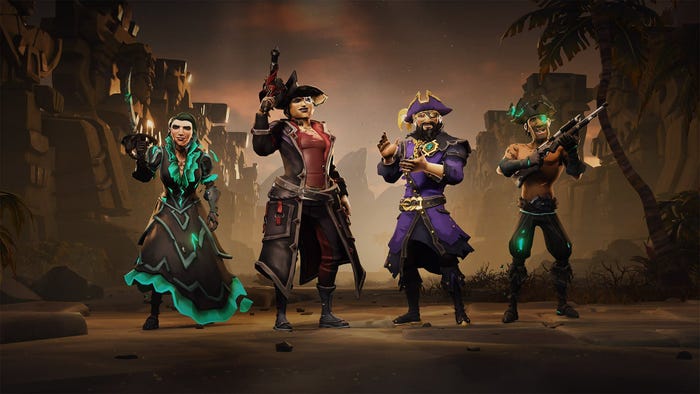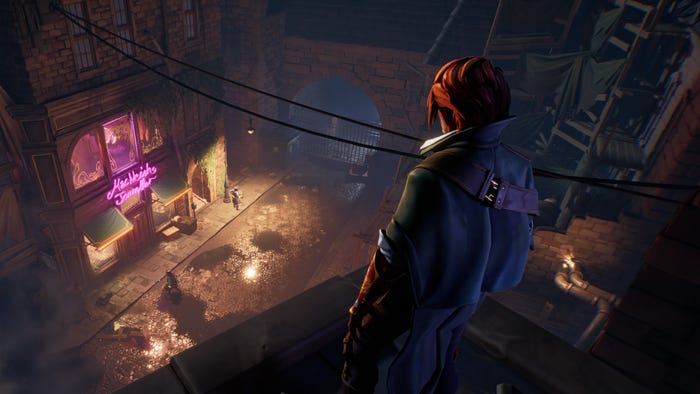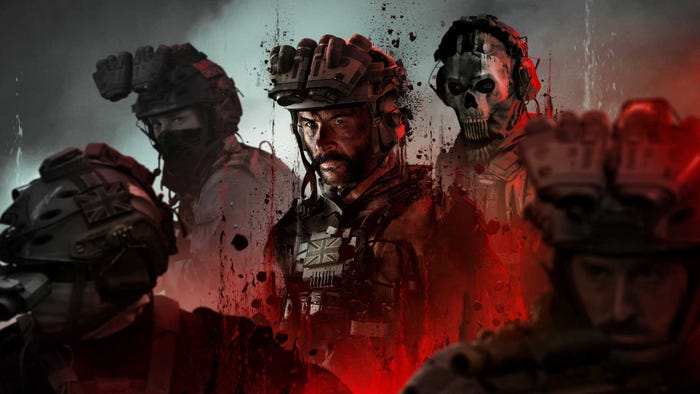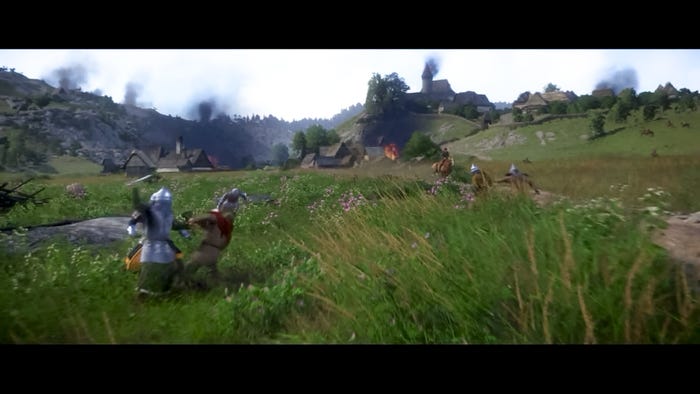
It used to be my firm belief that cultural critics that blamed gun violence on videogames came from a place of deep ignorance. It was easy to dismiss their arguments as outsider commentary on experiences they had not obtained first hand. They seemed lazy in their reasoning, and inherently biased in their approach.
Maybe I’m just getting older. Perhaps it’s that I’m becoming less defensive of the things I enjoy and engage in regularly. But the shock of the Newtown shooting has caused me to become more honest in my assessment of my own experiences with gunplay in games. We’ve had mass shootings before, and I’m not in any way being dismissive of those tragedies, but... Christ, they were just kids.
We do this every time. We circle the wagons to fend off the inevitable accusations that games are evil. But in all honesty, as unrelated as they probably are, this time I could not help but make an immediate thought association between this devastating massacre and the fetishizing of guns in games. In a year when even long time veterans are disgusted by the portrayal and reception of violence in games, I suddenly feel I can no longer reject the question out of hand.
As a heartfelt proponent of games, I’m always going on about the ability of games to change lives. Speaking from personal experience, however, it would be dishonest to claim that the change is always positive. Too often it is also about self-indulgence and escaping responsibilities, sometimes to the point of self-detriment (as, again, I can personally attest to).
The trouble is that games readily allow us to get our way. Indeed, there is essentially an implicit contract that the player will eventually get what he wants if he puts enough effort into a game. This means that punishing players for skillful play breaks both engagement and investment—such a game wouldn’t even make sense from a ludic perspective.
In other words, skilled play equals agency and power. And almost all of us see our skills as the extension or embodiment of our identities. The more skilled we are, the more agential we feel ourselves to be. That’s what makes games so meaningful and impactful.
But that is also the primary drawback of the structure of gameplay. It can become all too difficult to separate ourselves from our skills and the agency they bring—the power of skills is entirely real. Moreover, great power in games does not come with great responsibility, there is never a downside to being too skilled, and there is rarely a sword of Damocles to keep the player grounded (the only game that I can recall that ever came close is Prototype, where the player needed to stop caring, needed to become the villain, to be effective). Even devices like friendly fire in games such as Left 4 Dead or Counter-Strike are more about, or inevitably becomes about, punishing lack of skill and coordination than they are about increasing respect for the fragility of life.
Permit me to take a short detour. My initial reaction upon reading Mr. Coberly’s piece on guns on Nightmare Mode was that, just as QWOP does not make us more mindful of walking, or fear falling, increasing the number of mechanical inputs required to use a gun in a game is not going to make the player care more. It simply makes it more gamey (or worse, fetishistic), not more consequential.
But I wonder now if I missed his point entirely (my apologies, Mr. Coberly, for my myopic comments, if you are somehow reading this). Surely his argument is for the increase of the burden and responsibility of reality that physicality can be a constant reminder of, and not so much for the actual physical manipulation itself.
And that’s what games too often fail to do. They give us all the power, and almost none of the consequences. The chaotic variations of reality are missing in gameplay, and we protest vigorously if they are introduced. Every ludic action has an exact, knowable, controllable result. If you press a button when your crosshairs align with a specific location, you will automatically hit that specific location every time. Your skills are a guarantee.
It’s not that violent games make us more violent (though they have been shown in various studies to make us more aggressive), it’s that they often foster a message of solving problems through unilateral power. And when you start showing, not simply telling, a troubled individual who believes himself to be severely disenfranchised that the kind of unmitigated power they desire is obtainable, you can see where the problems might begin to arise. And the particular problem with gunplay is that the unilateral power of guns in games is of the same degree as in real life.
So I have to ask if those of us who enjoy games aren’t doing a bit of the same thing that American 2nd Amendmentists do. Consider this quote from a US gun shopper on the Newtown massacre:
But there's people trying to use that to say I'm responsible because I own a gun. Where's the connection? The only people making one are doing it for political ends because there's not one of these massacres would ever have been stopped by a law that takes my gun away. But now they're talking about doing that again, I think this may be the time to buy.
A false equivalency to be sure (games really don’t kill people*), but the question “Where’s the connection?” sounds entirely too familiar for comfort.
In the end, it’s difficult for me to escape the conclusion that games have more responsibility for their active content than other media, because the power one obtains for oneself in a game is more real and more personal than anything one can experience through projection as found in other media. And the defense that’s trotted out time and again, that games don’t desensitize us to violence any more than films, TV, or books do, just doesn’t apply. Because it’s not about desensitization at all, or even violence itself for that matter. It’s about power.
*It should be noted, however, and not entirely unrelatedly, that the intensity of psychological attachment to one’s play that games can induce can indeed kill, in the form of e-thrombosis.
Read more about:
Featured BlogsAbout the Author(s)
You May Also Like










